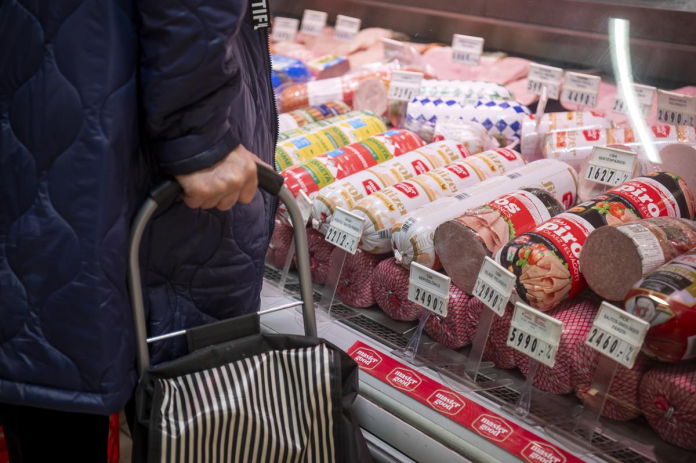Hungary’s government prolonged mandatory profit margin caps on essential food items until the end of August, defying industry warnings that the measure could trigger widespread store closures in rural areas, bne IntelliNews reported.
Initially set to expire in May, the policy restricts retailers to a 10% markup on 30 staple products—including poultry, dairy, flour, and cooking oil—introduced in March to combat food inflation, which hit 7% in February.
Gergely Gulyás, Head of the Prime Minister’s Office, defended the extension as an “effective tool” against unjustified price hikes, citing government data claiming average price reductions of 19.3%, with 270 products slashed by at least 30%. However, the National Commerce Association (OKSZ) rejected those figures, stating the government ignored proposals for a phased withdrawal.
Spar, Hungary’s second-largest retailer, projects monthly losses of €3.7 million (HUF 1.5 billion), potentially forcing cuts to investments, staffing, and rents. OKSZ emphasised that the caps distort competition, risk supply shortages in smaller towns, and may increase reliance on foreign suppliers at the expense of local agriculture.
The move is widely viewed as a pre-election sweetener ahead of 2026 polls, where Prime Minister Viktor Orbán faces a formidable challenge from opposition leader Péter Magyar.
Talks are underway to extend caps to non-subsidised medicines, though Gulyás confirmed no decision yet.
